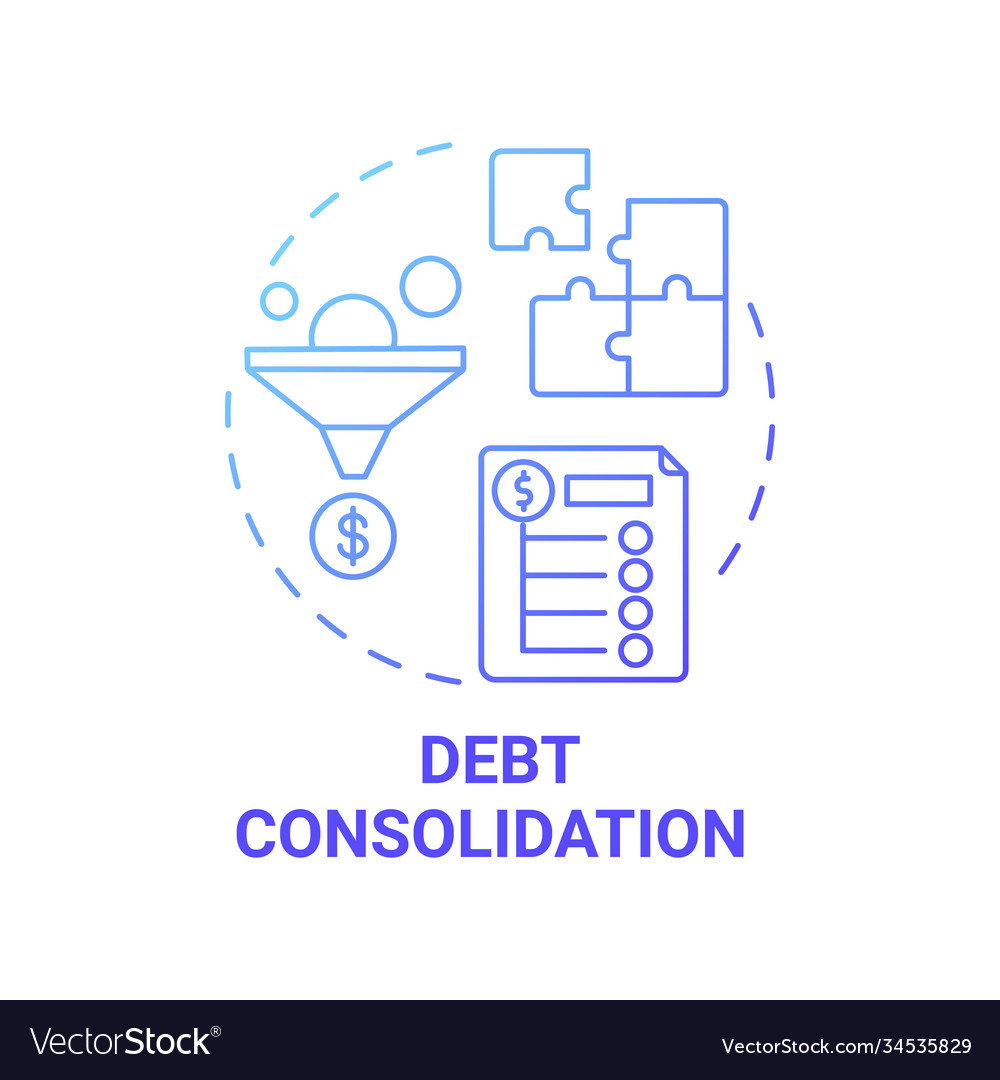
First, learn all details about your debt before you start negotiating with debt collectors. Once you have this information, it is possible to create a realistic proposition. You can also dispute the debt and ask for the name of the original creditor. Also, you can request written verification of your debt. There are several common mistakes that debt collectors make when trying negotiate.
Negative aspects of negotiations with debt collectors
When negotiating with a debt collector, the first step is to be prepared with realistic information. The debt collector may want to try to pressure you into a payment plan that is not realistic. This will only delay the inevitable default. It will also damage your credit history. Additionally, the debt collector could use emotional tactics in order to get your money. You must be calm and professional. You can then present your financial situation to the debt collector in a logical manner and they may agree to the terms.
To negotiate with a debt collector, the next step is to talk with the original creditor. You should speak with the original creditor that hired the collection agency. The original creditor is often willing to negotiate and may even accept a lower payment amount. Negotiating on the interest rate can help reduce the amount owed.

Before you start negotiating
Before negotiating with debt collectors, you should understand some of their tactics. They often try to get more money than they're owed. Debt negotiation is not about getting more money than you can afford. Avoid giving out any personal information to them, including your income or financial obligations.
It's not uncommon for debt collectors to ask you to confirm that you owe them money. But, this information is not something you should confirm. Fraudsters will often pretend to be debt collectors in order to steal your identity. Be calm, respectful, and keep track of all communications. Avoid sharing personal information that could be used against or misused if your debt is not paid. If you're not able to pay your debt in full, you should seek help from national debt relief.
Avoiding common mistakes made by debt collectors
Negotiating with creditors is one of the best ways to reduce debt and stop creditors calling you. However, if you want to negotiate successfully, you must avoid common mistakes made by debt collectors. It is important to remember that a debt collector's main goal is to collect as much money as possible, so it is essential to avoid letting them harass or threaten you. They know that when people are under pressure they make mistakes.
While debt collectors may appear to have all the cards, you still have legal protections as debtor. For instance, you are protected under several federal and state laws, including the Fair Debt Collection Practices Act. This law will ensure that your rights are protected and may even allow you to recover money you owe. You can avoid violating any of these laws by negotiating with your creditors. By avoiding these mistakes, you can save money and avoid negative impacts on your credit report.

Negotiating with debt collectors requires some preparation
A realistic budget is the first thing you need to do when talking to debt collectors. Sometimes debt collectors will pressure you into agreeing to a payment schedule that is not financially feasible. This will delay the inevitable default and damage your credit score. You may also not want to pay the entire amount at once.
Once you have established your financial situation, the next step is to sharpen your negotiating skills. Knowing what you can afford and what the maximum amount that you are willing pay is an important step in your financial planning. While it might be tempting to accept the highest possible offer, it is best if you start with a lower offer. 25% of the outstanding balance would be a good starting point. This way, you can negotiate with the creditor until you reach a reasonable amount. During negotiations, you should be patient. You may need to contact their customer service department if you aren't satisfied with the creditor’s offer.
FAQ
What is personal finance?
Personal finance means managing your money to reach your goals at work and home. It involves understanding where your money goes, knowing what you can afford, and balancing your needs against your wants.
These skills will allow you to become financially independent. This means that you won't have to rely on others for your financial needs. You don't need to worry about monthly rent and utility bills.
And learning how to manage your money doesn't just help you get ahead. It makes you happier overall. If you are happy with your finances, you will be less stressed and more likely to get promoted quickly.
So who cares about personal finance? Everyone does! Personal finance is one of the most popular topics on the Internet today. Google Trends has shown that searches for personal finance have increased 1,600% from 2004 to 2014.
Today's smartphone users use their phones to compare prices, track budgets and build wealth. They read blogs like this one, watch videos about personal finance on YouTube, and listen to podcasts about investing.
Bankrate.com says that Americans spend on the average of four hours per day watching TV and listening to music. They also spend time surfing the Web, reading books, or talking with their friends. That leaves only two hours a day to do everything else that matters.
Financial management will allow you to make the most of your financial knowledge.
What is the best way for a side business to make money?
If you want to make money quickly, it's not enough to create a product or a service that solves an individual's problem.
Also, you need to figure out a way that will position yourself as an authority on any niche you choose. This means that you need to build a reputation both online and offline.
Helping other people solve their problems is the best way for a person to earn a good reputation. Consider how you can bring value to the community.
Once you've answered that question, you'll immediately be able to figure out which areas you'd be most suited to tackle. There are many ways to make money online.
You will see two main side hustles if you pay attention. The first type is selling products and services directly, while the second involves offering consulting services.
Each method has its own pros and con. Selling products and services provides instant gratification because once you ship your product or deliver your service, you receive payment right away.
On the flip side, you might not reach the level of success you desire unless you spend time developing relationships with potential clients. In addition, the competition for these kinds of gigs is fierce.
Consulting allows you to grow and manage your business without the need to ship products or provide services. However, it can take longer to be recognized as an expert in your area.
It is essential to know how to identify the right clientele in order to succeed in each of these options. This can take some trial and error. But, in the end, it pays big.
What is the difference between passive income and active income?
Passive income is when you earn money without doing any work. Active income requires hard work and effort.
Active income is when you create value for someone else. It is when someone buys a product or service you have created. This could include selling products online or creating ebooks.
Passive income is great as it allows you more time to do important things while still making money. Most people don't want to work for themselves. Instead, they decide to focus their energy and time on passive income.
Passive income isn't sustainable forever. If you are not quick enough to start generating passive income you could run out.
If you spend too long trying to make passive income, you run the risk that your efforts will burn out. It is best to get started right away. If you wait too long to begin building passive income you will likely miss out on potential opportunities to maximize earnings.
There are three types to passive income streams.
-
There are several options available for business owners: you can start a company, buy a franchise and become a freelancer. Or rent out your property.
-
These include stocks and bonds and mutual funds. ETFs are also investments.
-
Real Estate - this includes rental properties, flipping houses, buying land, and investing in commercial real estate
What is the best passive income source?
There are many different ways to make online money. Most of them take more time and effort than what you might expect. How can you make it easy for yourself to make extra money?
Finding something you love is the key to success, be it writing, selling, marketing or designing. That passion can be monetized.
For example, let's say you enjoy creating blog posts. Your blog will provide useful information on topics relevant to your niche. When readers click on the links in those articles, they can sign up for your emails or follow you via social media.
This is called affiliate marketing, and there are plenty of resources to help you get started. Here are some examples of 101 affiliate marketing tools, tips & resources.
You might also think about starting a blog to earn passive income. You'll need to choose a topic that you are passionate about teaching. Once you have established your website, you can make it a monetizable resource by selling ebooks, courses, and videos.
While there are many options for making money online, the most effective ones are the easiest. You can make money online by building websites and blogs that offer useful information.
Once you've built your website, promote it through social media sites like Facebook, Twitter, LinkedIn, Pinterest, Instagram, YouTube and more. This is known content marketing.
What is the limit of debt?
It is important to remember that too much money can be dangerous. Spending more than what you earn can lead to cash running out. This is because savings takes time to grow. Spend less if you're running low on cash.
But how much can you afford? There is no universal number. However, the rule of thumb is that you should live within 10%. You won't run out of money even after years spent saving.
This means that you shouldn't spend more money than $10,000 a year if your income is $10,000. Spend less than $2,000 per monthly if you earn $20,000 a year. For $50,000 you can spend no more than $5,000 each month.
Paying off your debts quickly is the key. This includes credit card bills, student loans, car payments, etc. After these debts are paid, you will have more money to save.
You should also consider whether you would like to invest any surplus income. You could lose your money if you invest in stocks or bonds. But if you choose to put it into a savings account, you can expect interest to compound over time.
Let's suppose, for instance, that you put aside $100 every week to save. This would add up over five years to $500. At the end of six years, you'd have $1,000 saved. You would have $3,000 in your bank account within eight years. It would take you close to $13,000 to save by the time that you reach ten.
You'll have almost $40,000 sitting in your savings account at the end of fifteen years. That's pretty impressive. However, if you had invested that same amount in the stock market during the same period, you'd have earned interest on your money along the way. Instead of $40,000 you would now have $57,000.
This is why it is so important to understand how to properly manage your finances. You might end up with more money than you expected.
Which side hustles are most lucrative?
Side hustles are income streams that add to your primary source of income.
Side hustles are very important because they provide extra money for bills and fun activities.
Side hustles not only help you save money for retirement but also give you flexibility and can increase your earning potential.
There are two types of side hustles: passive and active. Online side hustles can be passive or active. These include ecommerce shops, blogging and freelancing. Some of the active side hustles are tutoring, dog walking and selling eBay items.
Side hustles that work for you are easy to manage and make sense. You might consider starting your own fitness business if you enjoy working out. If you enjoy spending time outdoors, consider becoming a freelance landscaper.
Side hustles can be found anywhere. Consider side hustles where you spend your time already, such as volunteering or teaching classes.
Why not start your own graphic design company? Perhaps you're an experienced writer so why not go ghostwriting?
Do your research before starting any side-business. So when an opportunity presents itself, you will be prepared to take it.
Side hustles aren’t about making more money. Side hustles can be about creating wealth or freedom.
There are so many ways to make money these days, it's hard to not start one.
Statistics
- These websites say they will pay you up to 92% of the card's value. (nerdwallet.com)
- U.S. stocks could rally another 25% now that Fed no longer has ‘back against the wall' in inflation fight (marketwatch.com)
- According to a June 2022 NerdWallet survey conducted online by The Harris Poll. (nerdwallet.com)
- Mortgage rates hit 7.08%, Freddie Mac says Most Popular (marketwatch.com)
- While 39% of Americans say they feel anxious when making financial decisions, according to the survey, 30% feel confident and 17% excited, suggesting it is possible to feel good when navigating your finances. (nerdwallet.com)
External Links
How To
How to Make Money Even While You Sleep
You must be able to fall asleep while you're awake if you want to make it big online. You must learn to do more than just wait for people to click on your link and buy your product. Making money at night is essential.
You will need to develop an automated system that generates income without having to touch a single button. This requires you to master automation.
It would be helpful if you could become an expert at creating software systems that automatically perform tasks. That way, you can focus on making money while you sleep. Automating your job can be a great option.
The best way to find these opportunities is to put together a list of problems you solve daily. You can then ask yourself if automation is possible.
Once you have done this, you will likely realize that there are many ways you can generate passive income. You now need to decide which one would be the most profitable.
Perhaps you can create a website building tool that automates web design if, for example, you are a webmaster. Perhaps you are a graphic artist and could use templates to automate the production logos.
Or, if you own a business, perhaps you could create a software program that allows you to manage multiple clients simultaneously. There are hundreds of possibilities.
Automating a problem can be done as long as you have a creative solution. Automation is key to financial freedom.